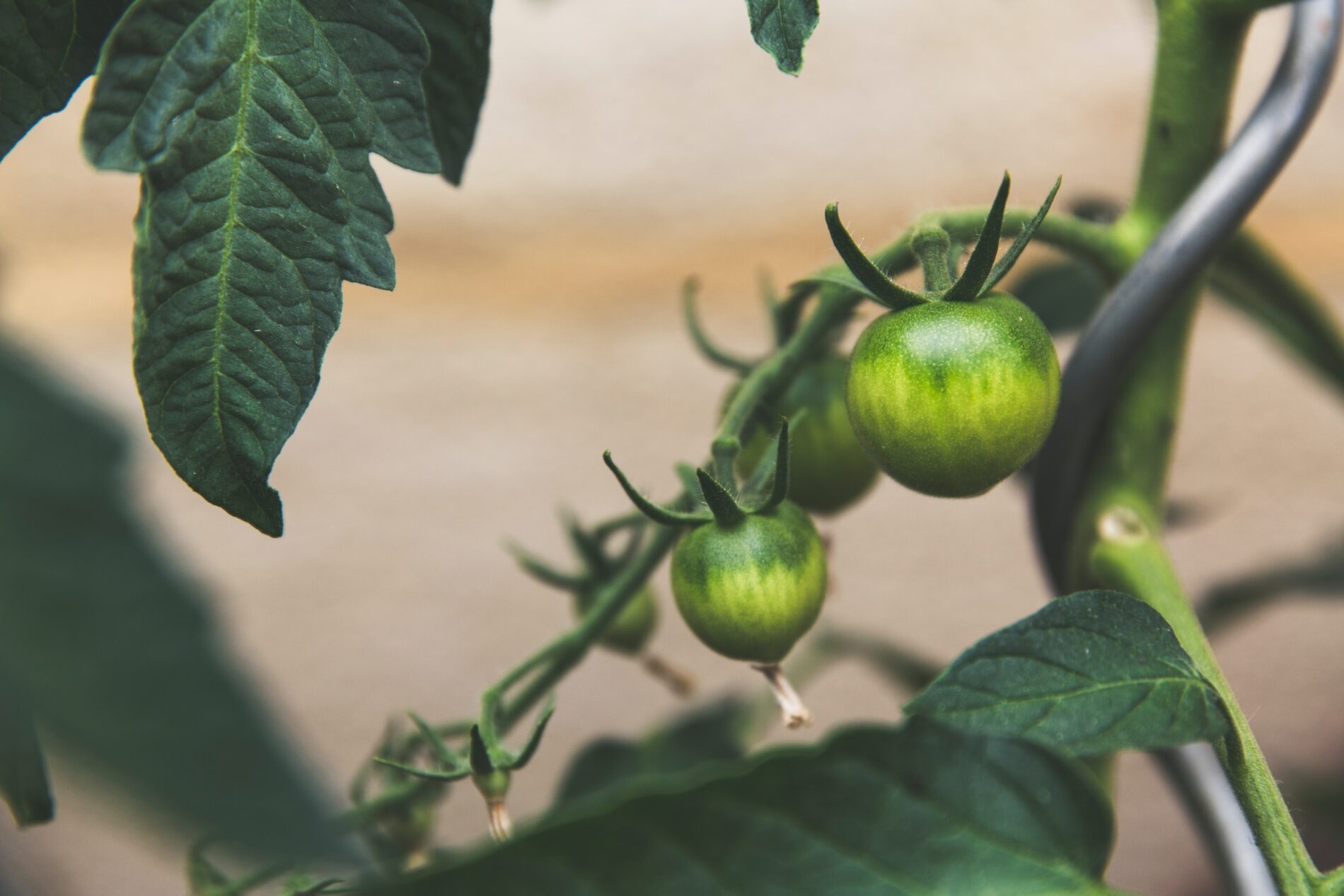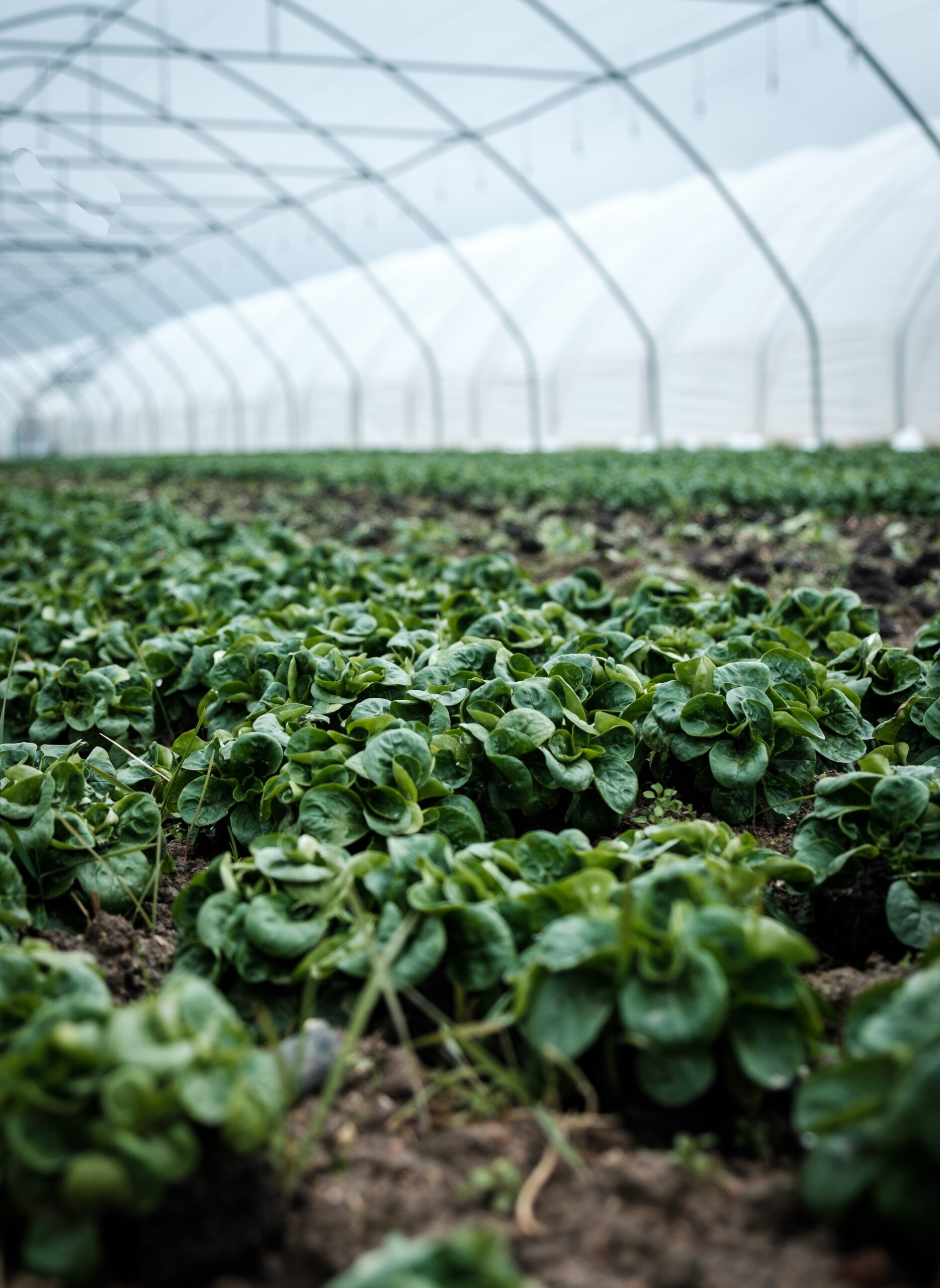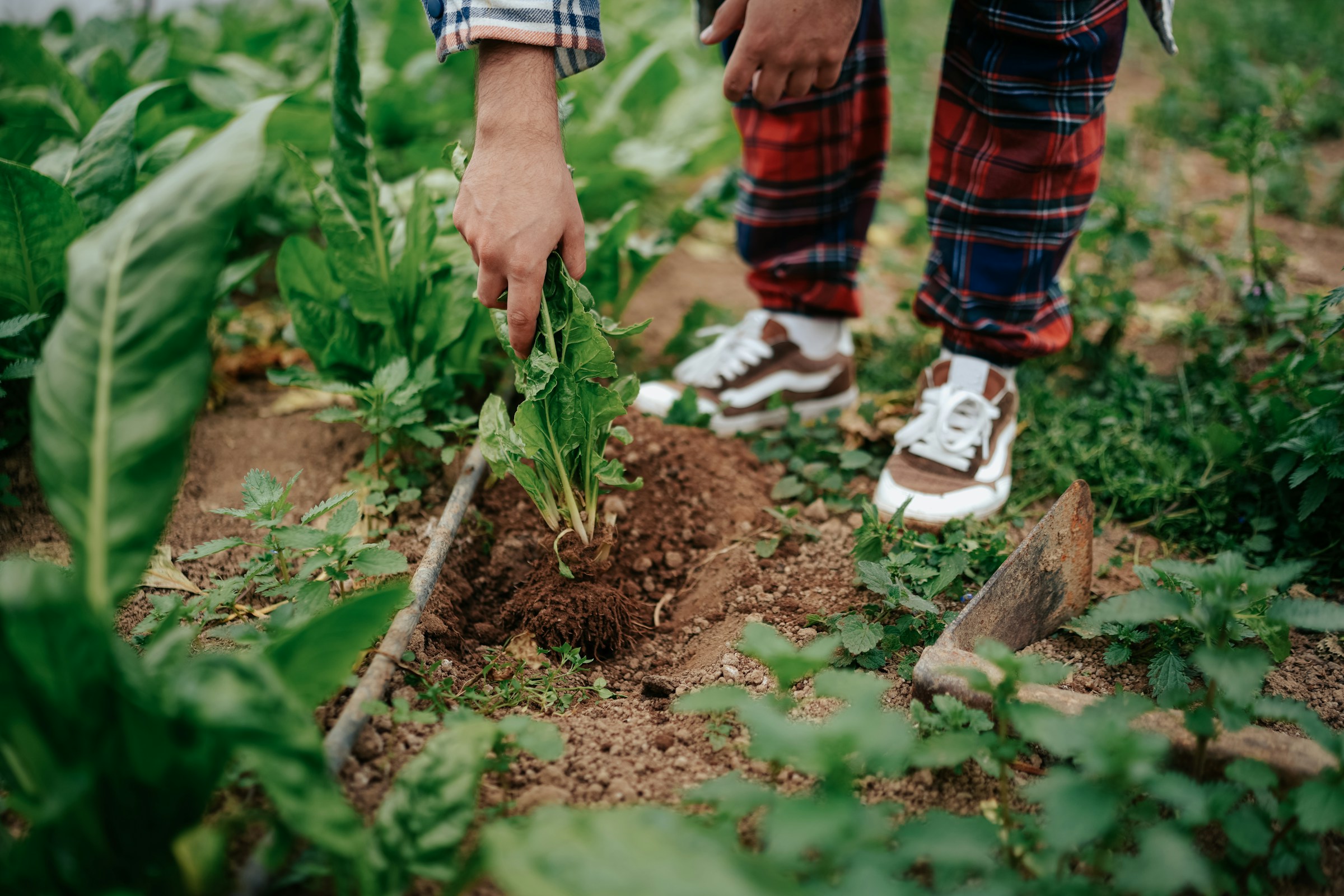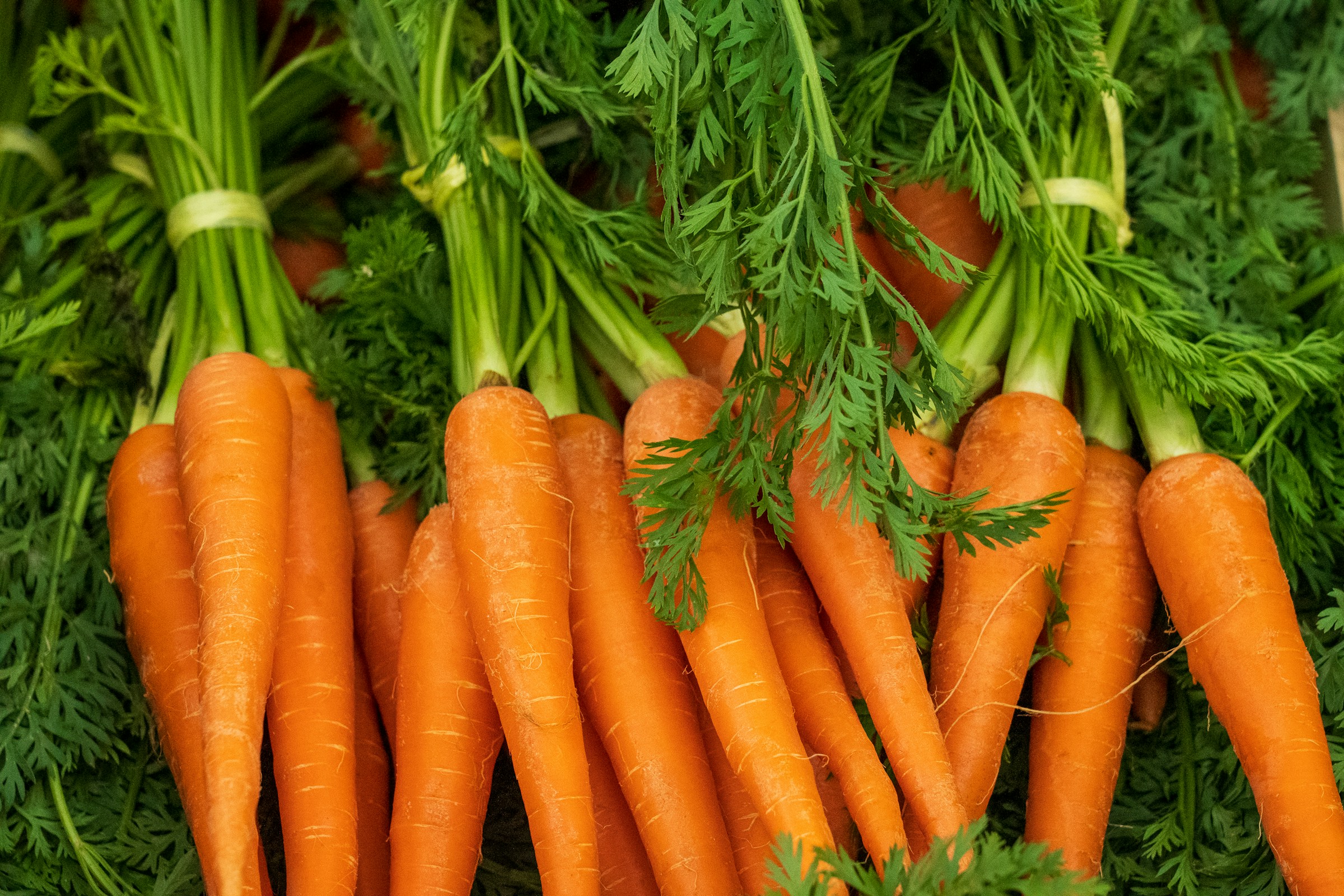In the realm of modern agriculture, biotechnology stands as a beacon of progress, promising a future where hunger is a distant memory, and the environment is cherished. Like a skilled artist, it weaves together the threads of science and nature, sculpting a world where crops are not just plentiful but also resilient, nourishing, and sustainable.

The Economic and Environmental Boon of Agricultural Biotechnology
Imagine a world where farmers are not just cultivators of the earth but guardians of the environment. Agricultural biotechnology is making this a reality. Enhancing crop productivity and reducing the need for pesticides is not just about feeding the hungry but doing so sustainably. A study by BIO outlines how biotech crops have led to a dramatic decrease in pesticide use by 790 million pounds since 1997, marking an 8.8% reduction. Furthermore, these innovations have enabled farmers to adopt no-till farming, significantly reducing carbon emissions and soil erosion.
The Sustainability Symphony
Agricultural biotechnology plays a crucial role as a leading instrument in the symphony of sustainable agriculture. Unlike conventional farming, which often emphasizes yield maximization and financial gain at the expense of the environment, sustainable agriculture, with the aid of biotechnology, aims for a balance between productivity and ecological health.
Biotechnology contributes to this by improving soil health, enhancing nutrient cycling, and utilizing biofertilizers and biopesticides to promote plant growth and suppress pathogens. This approach not only supports the long-term viability of agriculture but also reduces the environmental impact of farming practices.
By integrating efficient farming techniques like precision agriculture and conservation tillage, sustainable agriculture fosters soil conservation, water management, and biodiversity. This holistic approach ensures economic viability and the preservation of natural resources, thus maintaining ecological balance and supporting the long-term sustainability of agricultural practices.
Agricultural Biotechnology: A Mosaic of Innovations
Agricultural biotechnology, a vibrant and multifaceted field, is at the forefront of revolutionizing farming and food production. This field encompasses a range of innovative technologies and approaches that aim to address the challenges faced by modern agriculture while promoting sustainability and efficiency.
One of the key innovations in agricultural biotechnology is gene editing, particularly through techniques like CRISPR. This method allows for precise alterations in the genetic makeup of crops, enabling the development of strains that are more resilient to diseases, pests, and environmental stresses. For example, Japan has adopted a progressive stance on gene-edited crops, not subjecting them to stringent GMO regulations if they involve tweaking existing genes rather than introducing novel DNA.
This approach contrasts with the more cautious policies of the EU and FDA and signifies a shift towards more accepting regulatory frameworks for gene-edited crops.
The merger of Bayer and Monsanto in 2018 marked a significant milestone in the agricultural biotechnology sector. This merger represented a response to the continuous demand for affordable food and aimed to leverage combined investments in R&D to foster further innovation in biotech crops. However, it also highlights the need for a balanced approach that considers public concerns and environmental sustainability.
The field of agricultural biotechnology has its challenges. Regulatory and policy hurdles remain a significant barrier to the widespread implementation of these technologies. The approval process for genetically modified organisms (GMOs) and other biotech innovations can be time-consuming and expensive, often impeding the progress of beneficial developments.
Innovations like GMO-free RNA interference (RNAi) are emerging as alternatives to traditional GMO approaches. RNAi, a natural cellular mechanism, can be harnessed to protect crops from diseases and pests without genetically modifying the plants themselves. This approach offers a promising avenue for developing more sustainable and environmentally friendly agricultural practices.
Looking to the future, the application of biosensors in agriculture is gaining traction. These devices can detect pathogens, monitor metabolic processes, and even be encoded into plant genomes to create "smart plants" that respond adaptively to environmental changes. Additionally, 3D bioprinting holds the potential for creating cultured meat products, offering an alternative to traditional livestock farming.
Using biologicals, such as insect pheromones, is another area of interest. These natural molecules provide a sustainable alternative to chemical pesticides, targeting specific pests without harming beneficial species or the environment.
Finally, augmented and virtual reality technologies, artificial intelligence, and machine learning are set to transform agricultural biotechnology. These tools can enhance farm monitoring, assist in training, aid in data visualization, and enable more efficient analysis of complex biological data.
A Palette of Possibilities: The Nutritional Renaissance
Imagine a plate filled not just with food but with health and vitality. Biotechnology is painting this picture by biofortifying crops. Vitamin A-rich Golden Rice and Golden Bananas are shining examples of addressing nutrient deficiencies in various parts of the world. These innovations go beyond sustenance; they offer hope for nutritional security.
The Future is Green:
As we gaze into the future of agricultural biotechnology, it's evident that it's not just about producing more food but about enhancing the quality and sustainability of our agricultural practices. The role of biotechnology in addressing the needs of a growing global population is becoming more critical, especially considering the challenges posed by climate change, resource depletion, and the reduction of arable lands.
One of the fascinating developments in agricultural biotechnology is the advent of genomic technologies like CRISPR, TALENS, and ODM. These cutting-edge techniques are revolutionizing plant breeding by enabling the incorporation of desirable traits such as improved nutritional quality, higher yields, and increased tolerances to abiotic and biotic stresses. It is crucial for meeting sustainable development goals, particularly regarding food security and environmental sustainability.
Additionally, the potential of biotechnology in transforming agricultural products into renewable sources of valuable chemicals is intriguing. Research is exploring ways to use plants as factories to produce complex molecules, replacing those currently obtained from non-renewable sources like petroleum. It could open up new markets for agricultural products while utilizing excess production.
However, the path forward is not without challenges. Implementing biotechnology in farming comes with regulatory hurdles, ethical concerns around genetic modifications, and potential impacts on non-target organisms. The environmental impacts of these technologies are still a subject of ongoing research and debate, with concerns including potential cross-breeding with wild species and unforeseen ecological effects.
The future of agricultural biotechnology seems geared towards precision breeding, where advanced gene-editing technologies like CRISPR will allow for more targeted and controlled genetic modifications. The concept of 'smart crops', including crops with enhanced capabilities such as self-fertilization and photosynthesis, is also emerging. Additionally, research focuses on symbiotic agriculture, which emphasizes the relationships between crops and microorganisms, promoting healthier plants and more fertile soils without heavy chemical use.
Is agricultural biotechnology environmentally friendly?
Absolutely! It plays a crucial role in reducing pesticide use, enhancing soil health, and promoting sustainable farming practices.
Can biotechnology improve the nutritional value of crops?
Yes, through biofortification, it can enhance the nutrient content of crops, addressing global nutritional deficiencies.
Are there any economic benefits for farmers using biotechnology?
Indeed, biotech crops can lead to higher yields and lower production costs, boosting farmers' incomes.
In conclusion, agricultural biotechnology stands at the forefront of a new food production and resource management era. Its role is increasingly significant in the face of global challenges like climate change and population growth. The future of this field is poised to bring more refined, sustainable, and eco-conscious agricultural practices, making it a crucial component in shaping a resilient and sustainable global food system.




